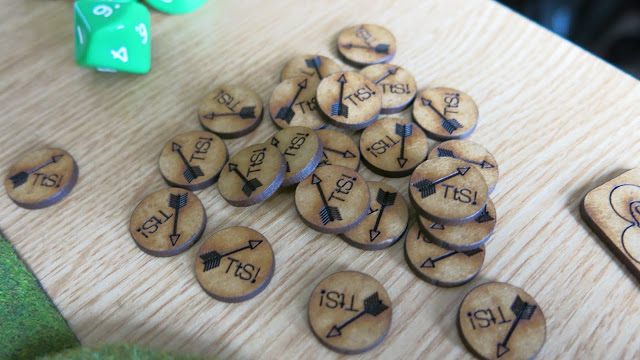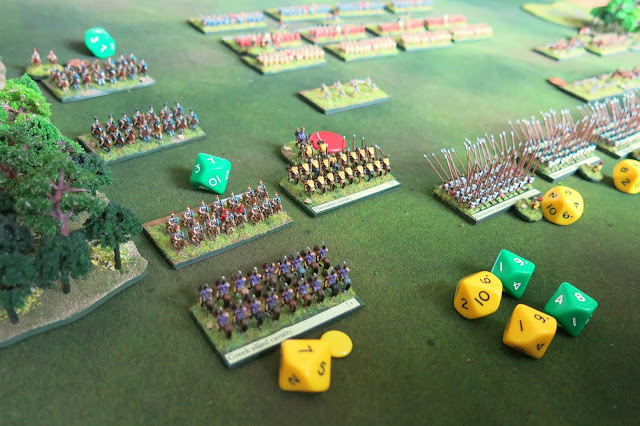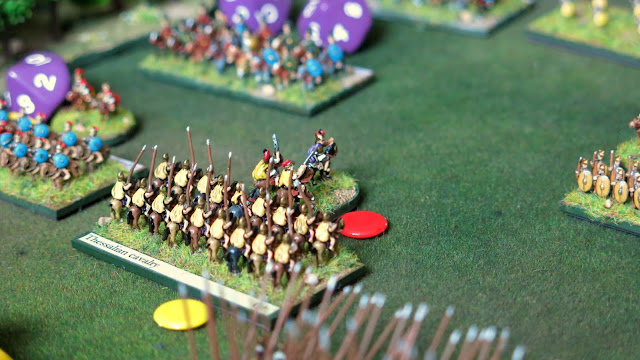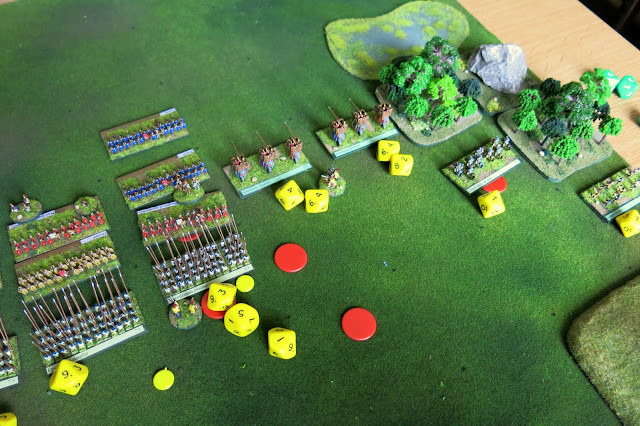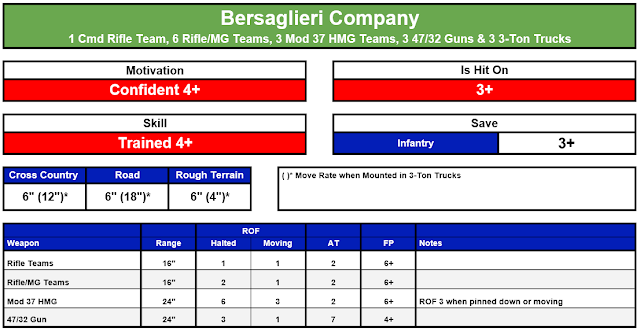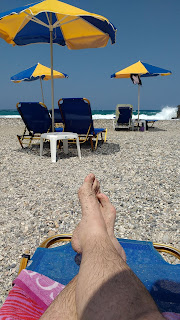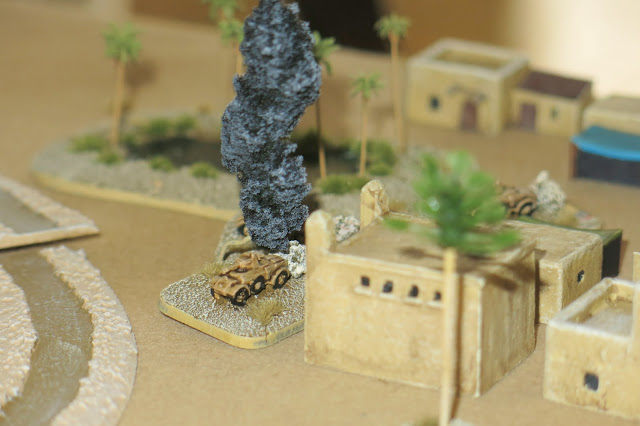I've been reading a really excellent book about the Cretan Resistance against German Occupation during WWII. I bought this book while on Holiday in Crete but its available through Amazon and other sellers and is well worth reading if your interested in irregular warfare and resistance in Crete. Its written by George Psychoundakis who during the war served as a runner or courier for the resistance, crisscrossing the island on foot with messages and reconnaissance reports. Travelling in all weathers in constant danger of capture and execution by the Germans his story is a fascinating insight into the workings of the resistance and the Cretan struggle against the invaders.
George was a young shepherd boy when the Germans invaded in 1941. He knew the island well and moreover he knew how to cross its often mountainous terrain on foot. Distance isn't measured in this book in miles or kilometres but rather in the time taken to walk from one location to another. He joined the resistance and quickly took on the crucial and dangerous job of war-time runner. The physical strain of this role is hard to comprehend with many journeys covering immense distances and terrain that even a mountain goat would find daunting. Sometimes he would be carrying important documents and sometimes munitions or explosives. All would have earned him an appointment with a firing squad had he been captured.
George was an intelligent lad and unlike many of his compatriots was literate and well read. After the war, he wrote his memoirs as a form of self therapy, describing his time as a runner. It was only some years later these were read by a former SOE officer who revisited the island and met with his old friend George. This officer was Patrick Leigh Fermor, later Sir Patrick, and he convinced George to let him edit the handwritten manuscript and publish it. The result has become a unique, honest and insightful account of the resistance movement in German occupied Crete.
The book traces Georges 'career' throughout the war and is filled with often well observed accounts of missions that would have otherwise been lost to history. While many tales tell of the dangers and hardships of their existence and the retribution dealt out by the occupiers it is also filled with humour and comic observations that say so much about the determined pragmatism of the Cretan people.
Amazingly after the war George found himself in jail as a deserter from the Greek Army, despite being awarded the BEM (Medal of the Order of the British Empire for Meritorious Service) by the British. It was only after 16 months that George's plight was discovered by his former employers and his release was secured. He later went on to serve during the Greek Civil War but his life was largely one of extreme poverty until the publishing of this book. Despite this frugal mountain life, and the limited schooling he had as a child, George went on to write several other books including translations of the Iliad and Odyssey from ancient Greek to the Cretan dialect. From 1974 until his retirement, Psychoundakis, was a caretaker at the German war cemetery on Hill 107 above Maleme. He died in January 2006.
Although much of the book does not directly describe the fighting against the Germans it is a none-the-less fascinating insight into the resistance movement in Crete. In particular its description of the harshness of the terrain, and the cat and mouse games played avoiding German patrols, are highly evocative. Anyone interested in playing skirmish type games of resistance, hit and run, guerrilla type warfare in mountainous terrain would do well to read this book.
Author: George Psychoundakis
Format: Paperback, 368 Pages
Publisher: Penguin (2009)
Rating: ★★★★★ Highly recommended









